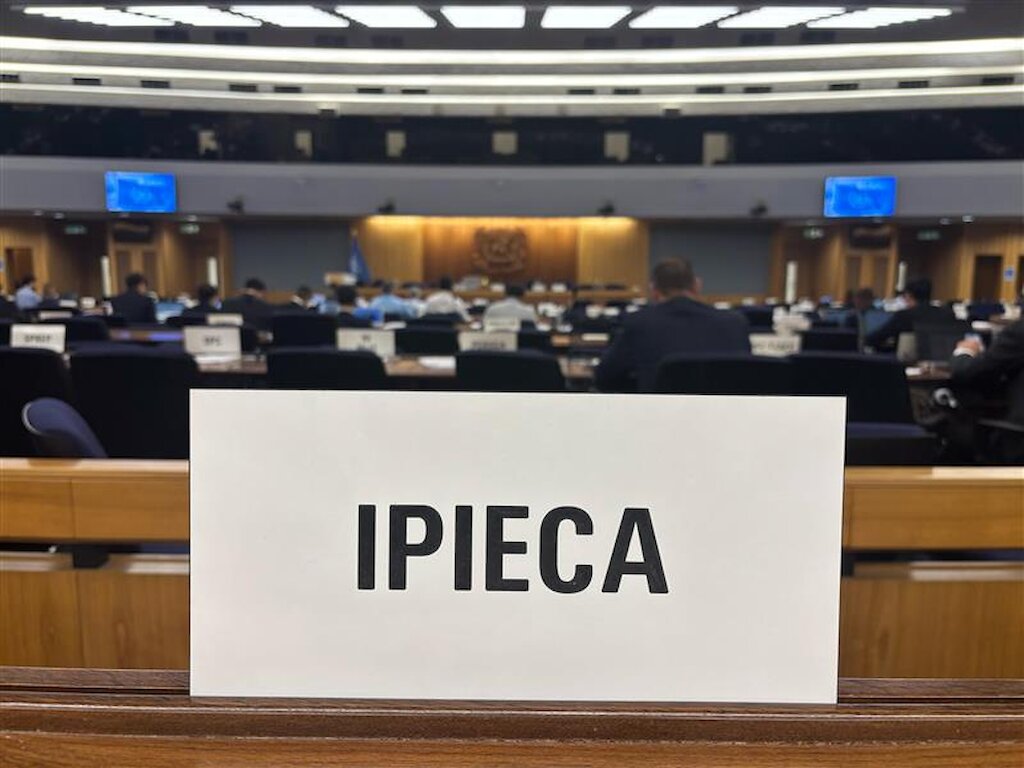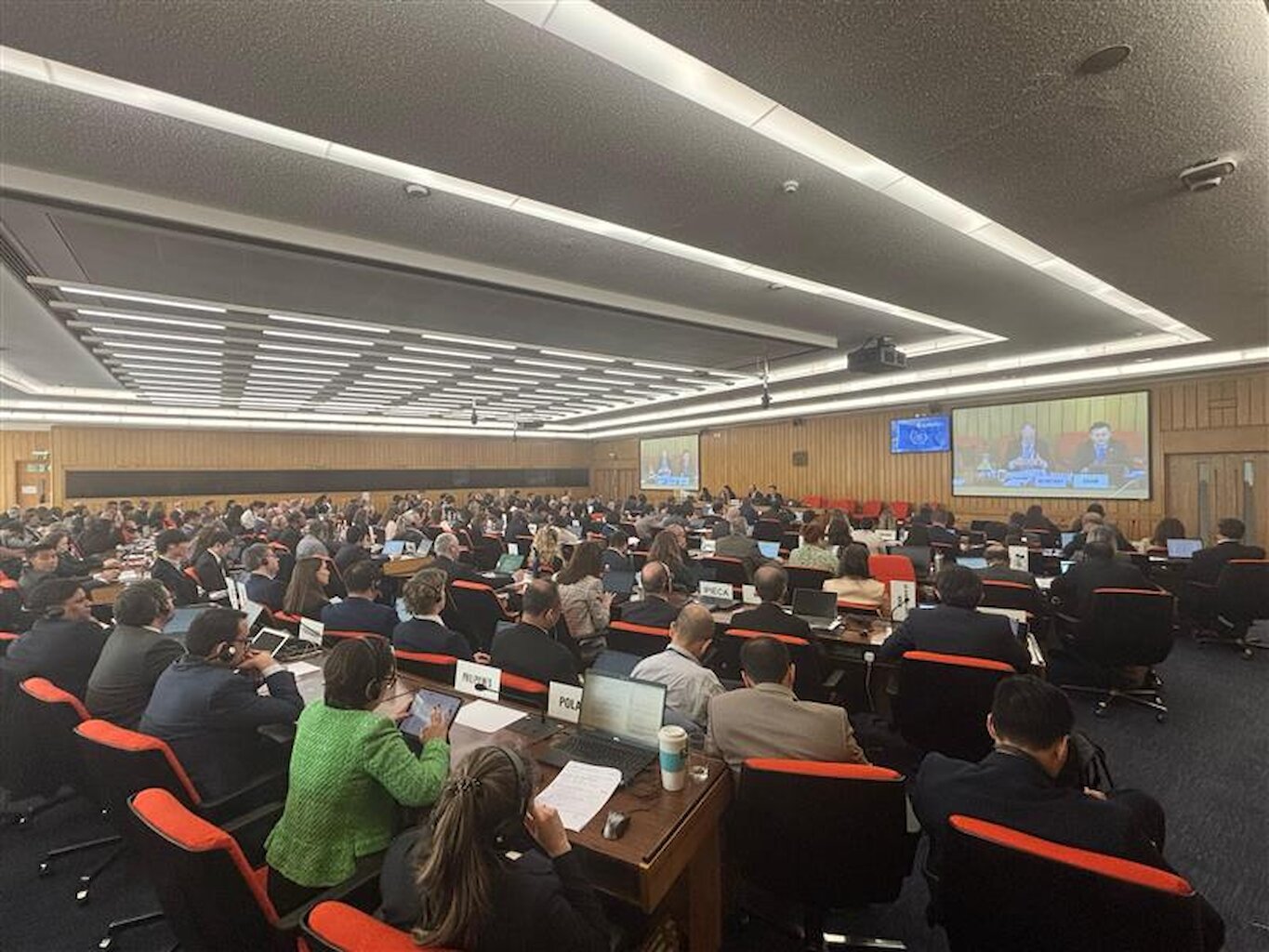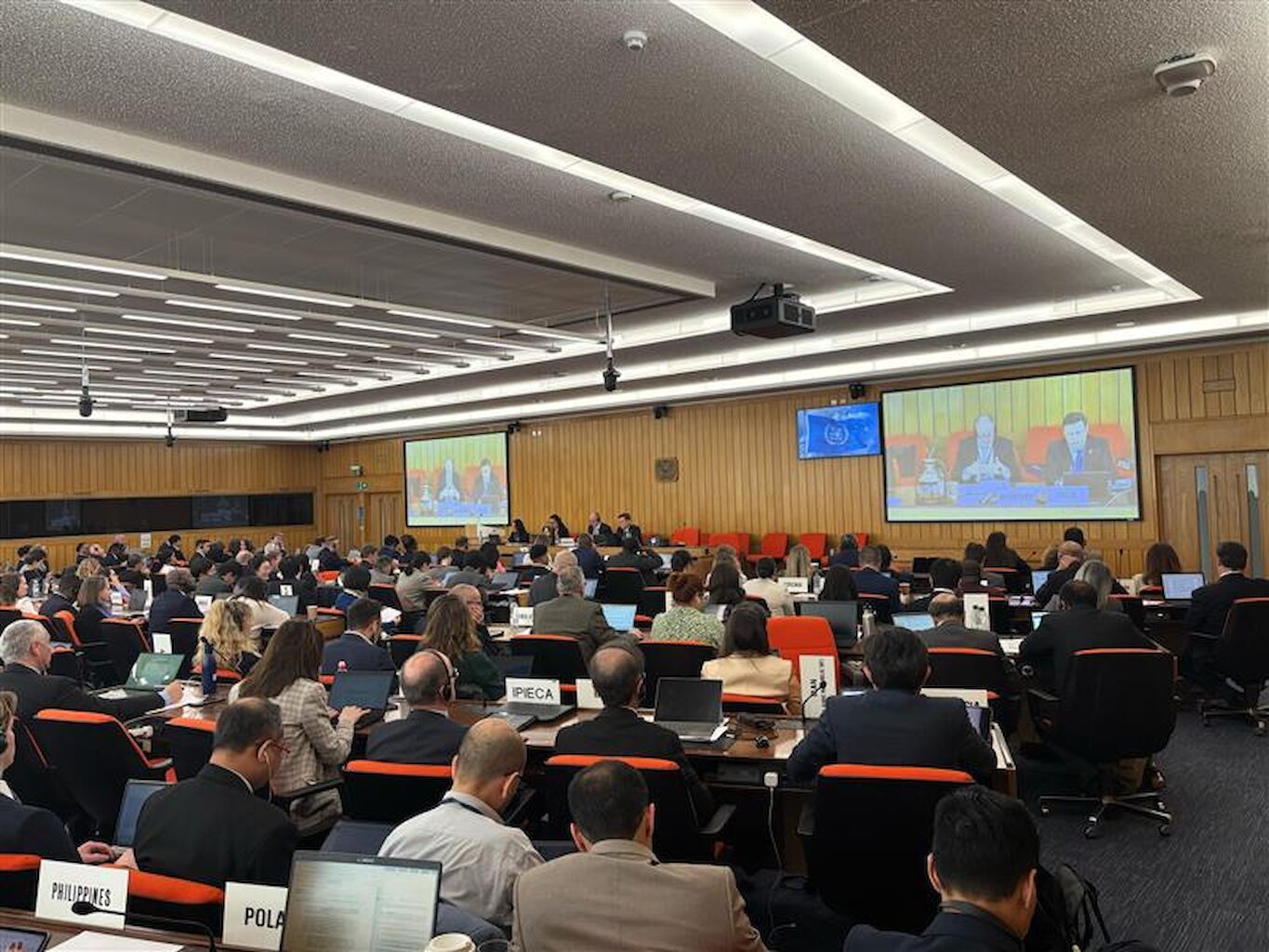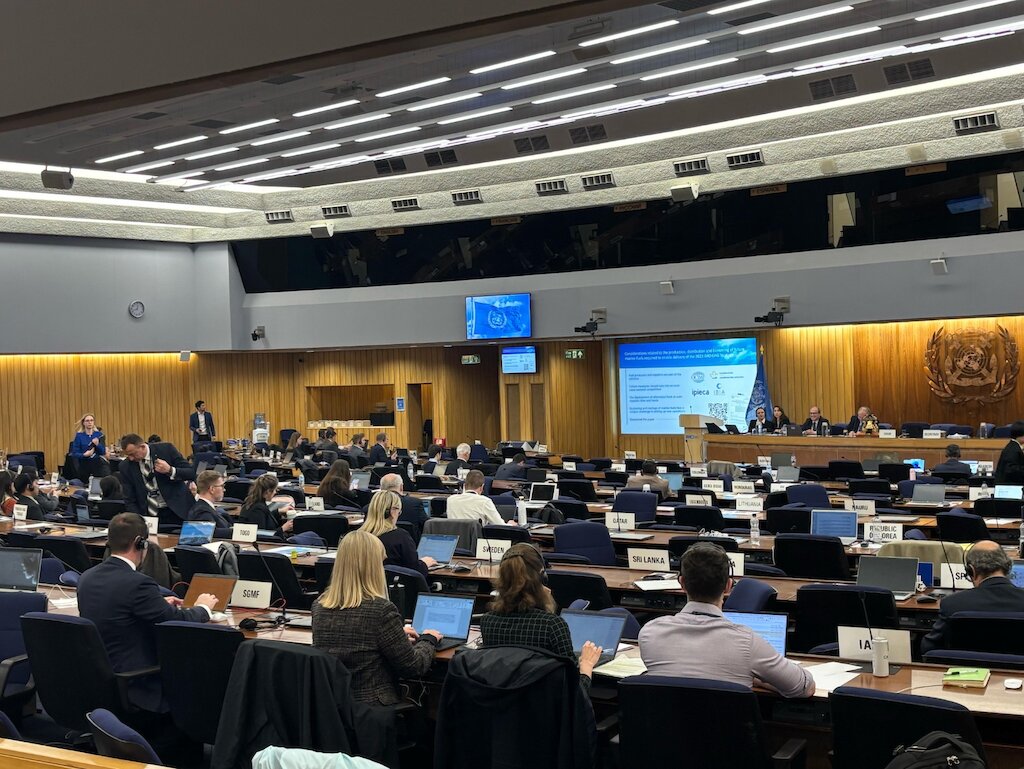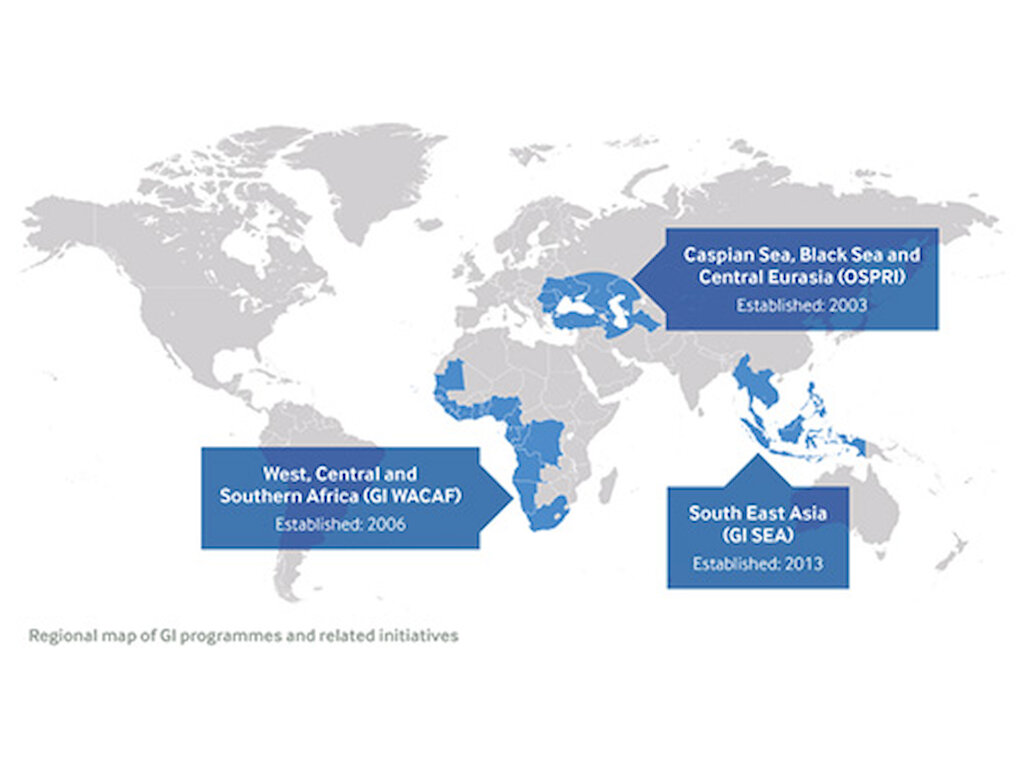As a specialised agency of the United Nations, the International Maritime Organization (IMO) is the global standard-setting authority for the safety, security and environmental performance of international shipping. Its main role is to create a regulatory framework for the shipping industry that is fair and effective, universally adopted and universally implemented.
The Marine Environment Protection Committee (MEPC) met for its 83rd session in person at IMO Headquarters in London from 7 to 11 April 2025, making important steps towards establishing a legally binding framework to reduce greenhouse gas (GHG) emissions from ships globally, aiming for net-zero emissions by or around, i.e close to 2050.
Key outcomes from MEPC83
The MEPC approved the IMO Net-zero Framework, the first in the world to combine mandatory emissions limits and GHG pricing across an entire industry sector - the measures include a new fuel standard for ships and a global pricing mechanism for emissions. These measures, set to be formally adopted in October 2025 before entry into force in 2027, will become mandatory for large ocean-going ships over 5,000 gross tonnage, which emit 85% of the total CO2 emissions from international shipping.
Under the draft regulations, ships will be required to comply with:
- Global fuel standard: ships must reduce, over time, their annual greenhouse gas fuel intensity (GFI) – that is, how much GHG is emitted for each unit of energy used. This is calculated using a well-to-wake approach
- Global economic measure: ships emitting above GFI thresholds will have to acquire remedial units to balance its deficit emissions, while those using zero or near-zero GHG technologies will be eligible for financial rewards
Other key outcomes during the MEPC83 meeting included:
- Adoption of 2025 Action Plan to combat marine plastic litter
- Progress in the review of the Ballast Water Management Convention
- Approval of a proposal to designate the North-East Atlantic as an Emission Control Area and agreement in principle to designate two new Particularly Sensitive Sea Areas off South America’s Pacific coast
- Approval of the draft Work plan on the development of a regulatory framework for the use of onboard carbon capture storage systems (OCCS)
- Approval of draft amendments to regulation 27 of MARPOL Annex VI regarding accessibility of the IMO Ship Fuel Oil Consumption Database (IMO DCS) and the associated guidelines on data management
- Adoption of amendments to the 2021 Guidelines on the operational carbon intensity reduction factors relative to reference lines (CII reduction factors guidelines, G3). MEPC 83 defined reduction for the year 2027 to 2030 relative to the 2019 reference line of the CII reduction factor guideline
- Approval of a new output to develop a legally binding framework on biofouling management, to prevent the spread of harmful invasive aquatic species
Ipieca at IMO MEPC 83
In its observer capacity, Ipieca delegates attended IMO MEPC 83, where they engaged in technical discussions in the working group on reduction of GHG emissions from ships, and provided input around IMO sustainable fuels certification framework, IMO LCA guidelines and the IMO net-zero framework.
Ipieca will continue to support the IMO’s work to decarbonise the maritime industry, providing technical expertise and industry guidance.
